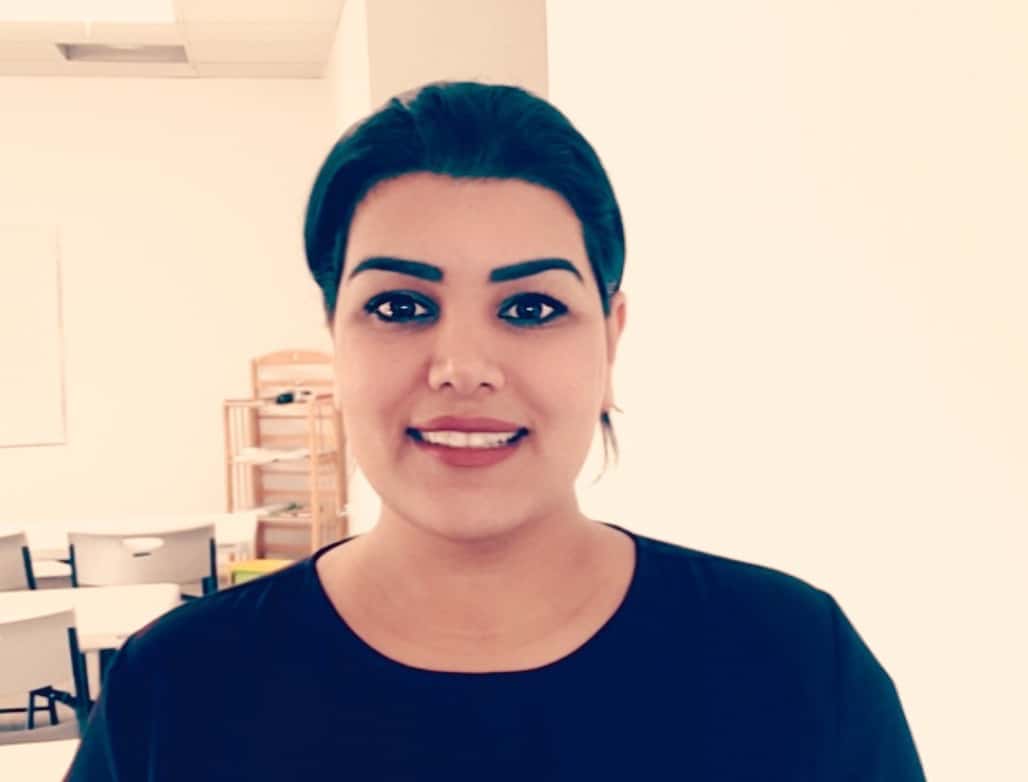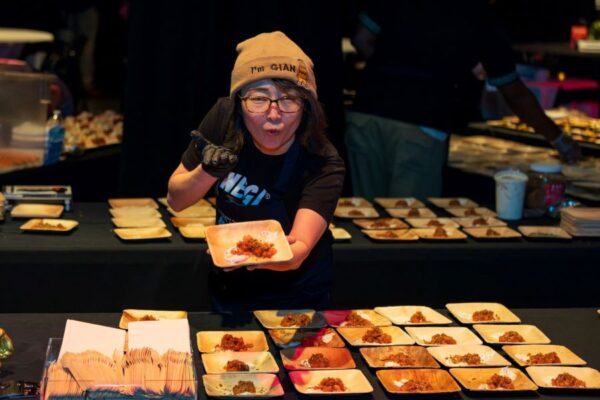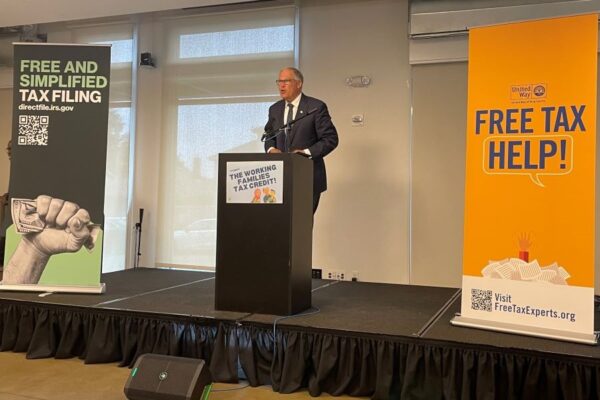Developing Minds While Mindful of Cultural Differences
Cultural relevance—it’s something we incorporate into our Parent-Child Home Program, a proven early learning program that ensures all children are given the same learning opportunities and set up for success in kindergarten. But what exactly does cultural relevance mean and why is it important?
When we match a family with a Parent-Child Home Program visitor, we identify a program coach who shares the same native language, culture and values as the family. Safaa Sadik, an Arabic-speaking Parent-Child Home Program Coordinator, says it’s about more than just speaking the same language.
“It’s actually very important for this program to have a home visitor from the same culture. We’re visiting people in their own home so we have to know about their traditions and values. It builds trust.”
Before becoming coordinator at Iraqi Community Services, Safaa was a home visitor for nine years, working with two- and three-year-old children of isolated families. She recognized that her families observed Ramadan and fasted. She knew to take her shoes off before entering families’ homes. Plus, she appreciated that when families offered tea or treats, you accept. It’s considered highly offensive in Iraqi culture to refuse refreshments.
Something else Safaa understood about Middle Eastern culture: the idea of developing young minds is not widely socialized. “I’m a big believer in early learning but that concept, that terminology, doesn’t exist in Middle Eastern culture.”
Safaa knew some families she worked with would be skeptical of Parent-Child Home Program, but she wasn’t discouraged. She held community gatherings to talk about early learning. During her family visits, she modeled positive interactions with the children using books and educational toys. This shows parents they are their child’s first and best teacher.
The nonbelievers changed their minds when they saw their children thrive in the program, but it’s not just first-hand accounts: there’s data to back up the effectiveness of Parent-Child Home Program. Kids who have gone through the program test higher in kindergarten than those who have not. What’s more, they still test higher as 3rd graders, meeting standards in reading and math.
In her new role as program coordinator, Safaa signs up new families while old ones, those families that have gone through the program, sometimes train to become home visitors themselves—something Safaa is proud of. “I love making a difference in my community.”





Comments